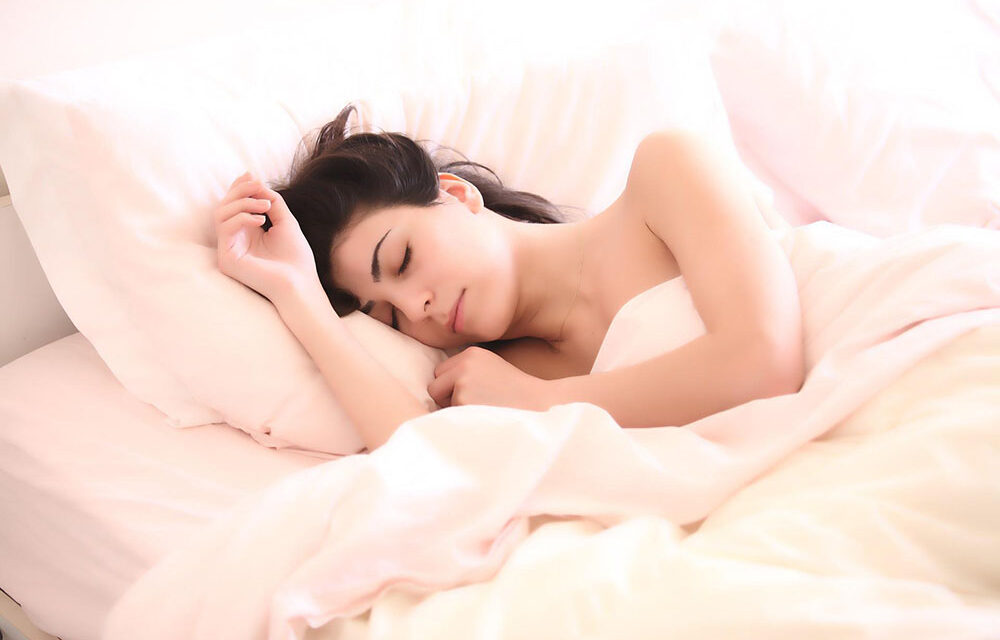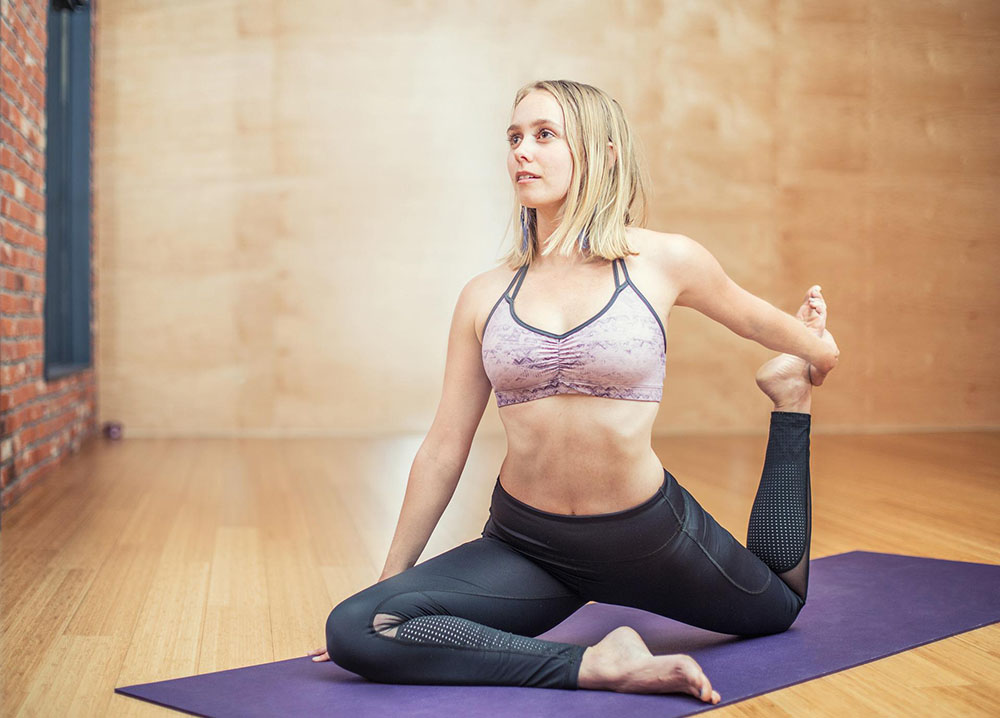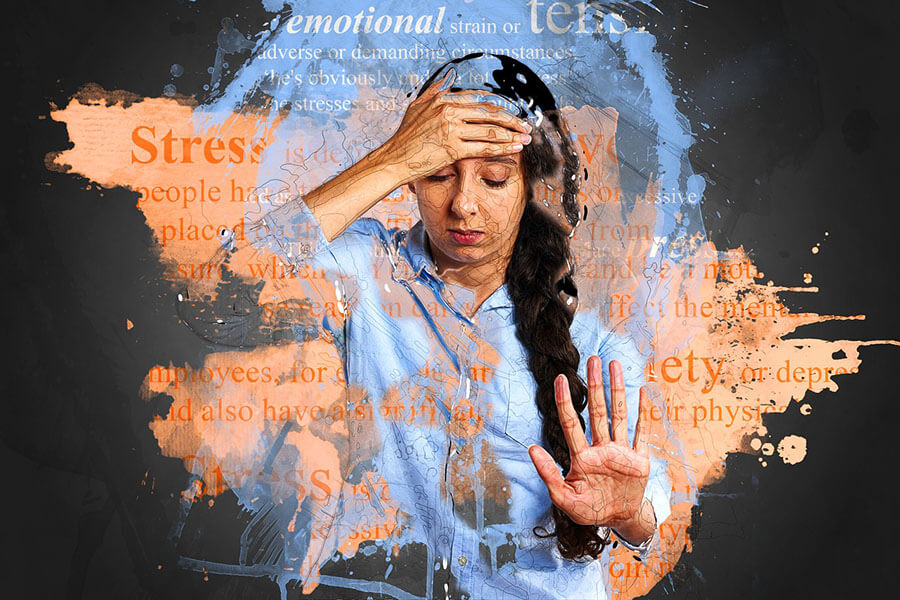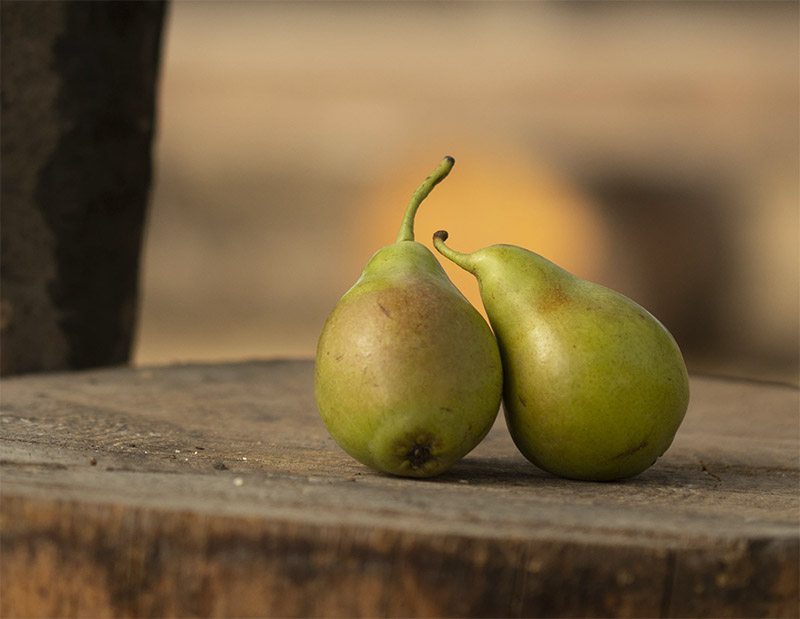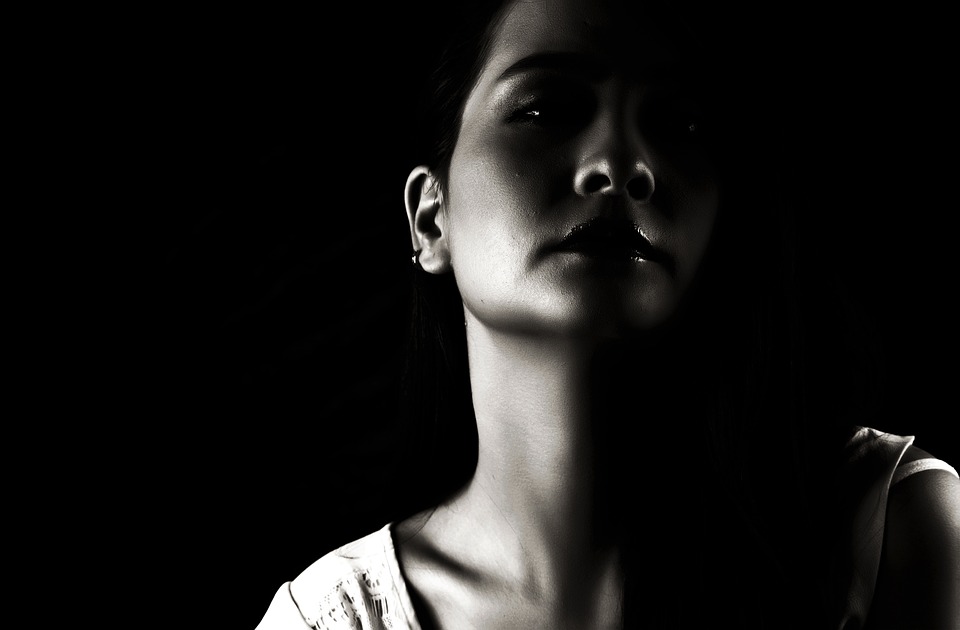I. Introduction
- Brief overview of anxiety disorders
- Importance of self-care for managing anxiety
II. Definition of self-care
- The various dimensions of self-care
- Why self-care is important for overall well-being
III. 10 Surprising self-care strategies for beating anxiety
- Strategy #1: Practice gratitude and positive thinking
- Strategy #2: Incorporate exercise and physical activity into your routine
- Strategy #3: Try deep breathing or progressive muscle relaxation techniques
- Strategy #4: Engage in hobbies and leisure activities
- Strategy #5: Seek social support and cultivate meaningful relationships
- Strategy #6: Practice mindfulness and meditation
- Strategy #7: Make time for self-care activities that bring joy and pleasure
- Strategy #8: Try nature therapy or spending time in nature
- Strategy #9: Explore alternative therapies like acupuncture or chiropractic care
- Strategy #10: Seek professional support through therapy or counseling
IV. Tips for incorporating these self-care strategies into your routine
- Setting achievable goals
- Making self-care a priority
- Finding time for self-care in a busy schedule
- Seeking support from loved ones
V. Conclusion
- Recap of the importance of self-care for managing anxiety
- Encouragement to make self-care a regular part of daily routine
Anxiety disorders are a common and often debilitating mental health condition that can significantly impact a person's quality of life. While medication and therapy can be effective treatment options, self-care is also an important aspect of managing anxiety disorders. In this article, we will explore the various dimensions of self-care and provide 10 surprising self-care strategies for beating anxiety disorders.
First, it is important to understand what self-care is and why it is important for overall well-being. Self-care refers to the actions that individuals take to maintain their physical, mental, and emotional health. It can include activities such as exercise, sleep, healthy eating, and stress-reduction techniques. Self-care is important because it helps us to manage stress, improve our physical and mental health, and increase our overall well-being.
Now, let's explore 10 surprising self-care strategies for beating anxiety disorders:
- Practice gratitude and positive thinking. One self-care strategy that may help to reduce anxiety is the practice of gratitude and positive thinking. Focusing on the things we are grateful for can help to shift our perspective and improve our mood. Additionally, challenging negative thought patterns and replacing them with more positive thoughts can help to decrease anxiety disorders.
- Incorporate exercise and physical activity into your routine. Exercise and physical activity have been shown to have a number of benefits for anxiety disorders, including reducing stress and improving mood. Engaging in regular physical activity can help to reduce anxiety symptoms and improve overall well-being.
- Try deep breathing or progressive muscle relaxation techniques. Deep breathing and progressive muscle relaxation are simple techniques that can be done anywhere, anytime to help reduce anxiety disorders. Deep breathing involves taking slow, controlled breaths in through the nose and out through the mouth. Progressive muscle relaxation involves tensing and relaxing different muscle groups in the body to promote relaxation.
- Engage in hobbies and leisure activities. Hobbies and leisure activities can provide a sense of purpose and accomplishment, and can also be a great way to relax and reduce stress. Engaging in activities that bring us joy and pleasure can be an important aspect of self-care for anxiety disorders.
- Seek social support and cultivate meaningful relationships. Social support can be an important resource for managing anxiety disorders. Surrounding ourselves with supportive friends and loved ones can provide a sense of belonging and help us to feel less alone. Building and maintaining strong, positive relationships can also be a great way to reduce stress and improve overall well-being.
- Practice mindfulness and meditation. Mindfulness is the practice of being present and fully engaged in the present moment, without judgment. Research has shown that mindfulness and meditation can be effective for reducing anxiety disorders and improving overall well-being.
- Make time for self-care activities that bring joy and pleasure. It is important to make time for activities that bring us joy and pleasure as part of our self-care routine for anxiety disorders. These activities can be anything that brings us enjoyment, such as reading, watching a favorite movie, or spending time with loved ones.
- Try nature therapy or spending time in nature. Nature has a way of calming the mind and providing a sense of peace and tranquility. Engaging in activities such as hiking, walking in the park, or spending time by the ocean can be a great way to reduce stress and improve overall well-being.
- Explore alternative therapies like acupuncture or chiropractic care. Alternative therapies such as acupuncture and chiropractic care can be effective for reducing anxiety disorders and improving overall well-being. Acupuncture involves the insertion of thin needles into specific points on the body to promote healing and relaxation. This ancient Chinese practice is believed to restore balance to the body's energy flow and stimulate the body's natural healing abilities. Chiropractic care involves the manipulation of the spine and other joints to improve function and reduce pain.
- Seek professional support through therapy or counseling. Therapy or counseling can be an effective treatment option for anxiety disorders. A mental health professional can help to identify the underlying causes of anxiety and develop a treatment plan to address these issues. Therapy can also provide a safe and supportive space to explore and process difficult emotions and experiences.
Now that we have explored 10 surprising self-care strategies for beating anxiety disorders, let's discuss some tips for incorporating these strategies into your routine. First, it is important to set achievable goals and make self-care a priority. It can be helpful to schedule time for self-care activities just like any other appointment. Additionally, it is important to find time for self-care in a busy schedule. This may require some creative time management and the willingness to say no to certain commitments. Finally, seeking support from loved ones can be helpful in maintaining a self-care routine.
In conclusion, self-care is an important aspect of managing anxiety disorders. By incorporating self-care strategies such as gratitude, exercise, relaxation techniques, hobbies, social support, mindfulness, and therapy into your routine, you can improve your overall well-being and reduce anxiety symptoms. Make self-care a regular part of your daily routine and watch as your anxiety improves.




